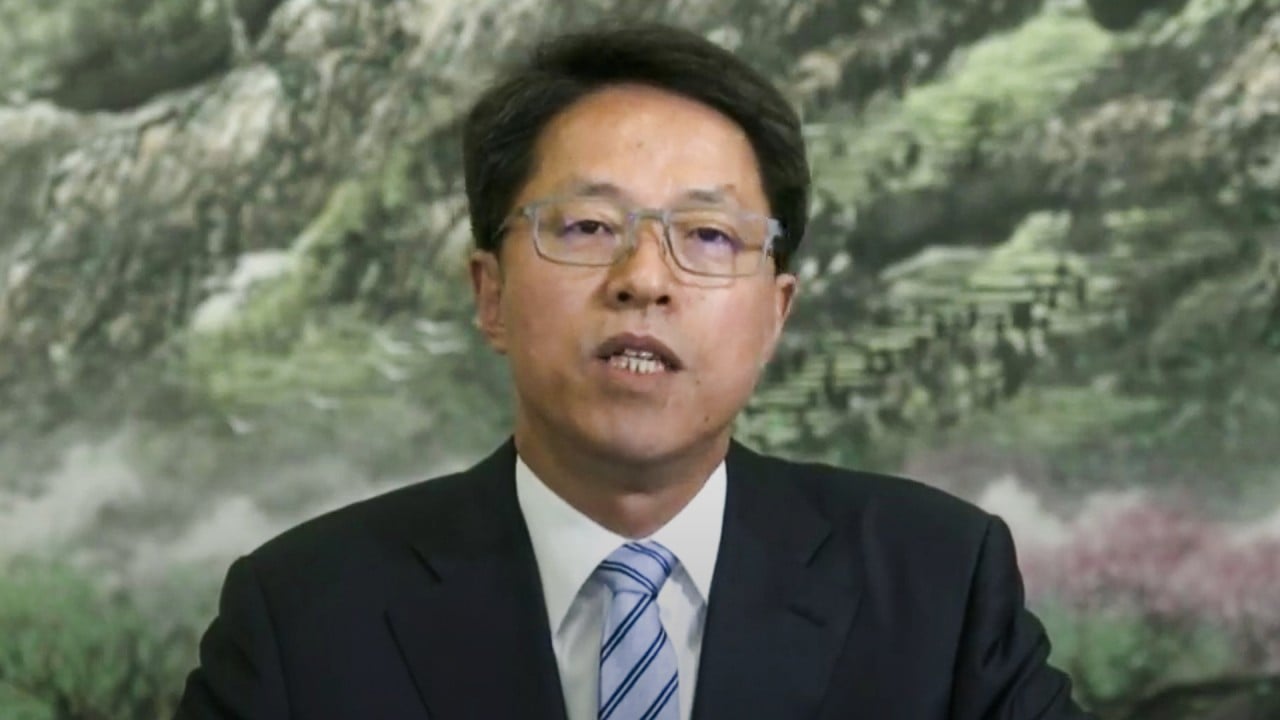
How patriotic education can help Hong Kong youth embrace the national security law
- Young people will still have critical thinking and freedom of expression, but within reasonable boundaries and with a proper understanding of China
- Having a better understanding of Chinese identity and history will help students improve their lives and find opportunities on the mainland
Education is without doubt a pillar in a country’s long-term progress and national strength. In this technology- and innovation-driven era, a sound education system is critical to enhancing every country’s economic and technological competitiveness. Likewise, education plays a role in protecting a country’s national security.
Many attribute the series of illegal activities, anti-government protests, riots, social unrest and terrorist threats since 2012 to the absence of national security education in Hong Kong. The disorder and mayhem destabilise Hong Kong society, undermine China’s security and challenge its sovereignty.
A systematic and well-designed national security education curriculum could help students better understand the importance of protecting the country’s sovereignty and abiding by national security laws. This way, they will not be misled into participating in acts against the central government, China’s territorial integrity or “one country, two systems.”

03:18
Hong Kong’s national security law is like ‘anti-virus software’, top Beijing official says
Learning the national security law by heart is like memorising road traffic regulations such as observing speed limits and stopping at traffic lights.
By obeying all road traffic regulations, individual drivers will not commit any offence. Overall road safety may not improve significantly, however, if most drivers do not possess the right attitude and display appropriate behaviour when on the road.
To be a dutiful, responsible and safe driver, one must do more than learning all traffic laws by rote. One must, for example, be courteous towards other road users and vigilant at all times to avoid potential collisions caused by others.

04:35
What does ‘one country, two systems’ mean?
Many countries around the world have implemented patriotic education in some form. Although there is no precise and universally accepted definition of what patriotic education encompasses, broadly speaking, it includes topics such as the constitution, national history, identity and heritage.
A patriotic education can help nurture our students' sense of national identity. If we can achieve this, it will signify the beginning of an organic integration of Hong Kong into the motherland, where opportunities for younger generations lie.
Ken Chu is group chairman and CEO of Mission Hills Group and a national committee member of the Chinese People’s Political Consultative Conference

